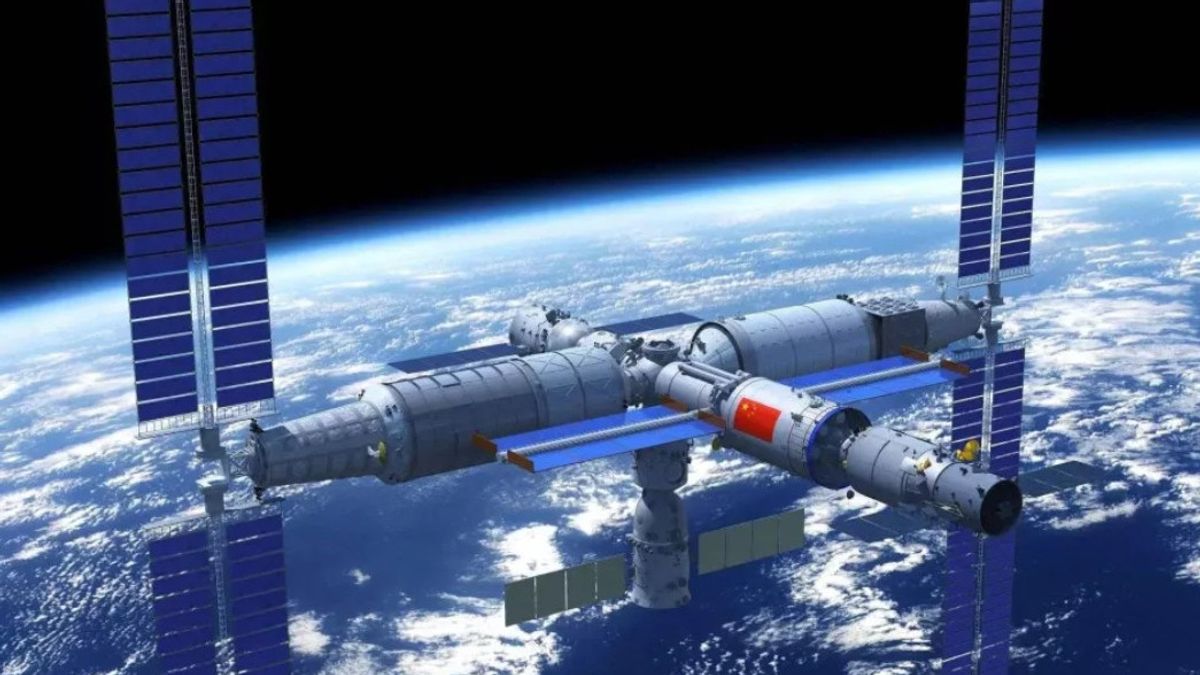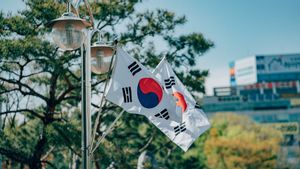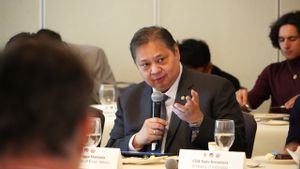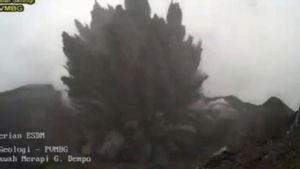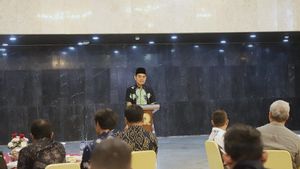JAKARTA - China will launch a spacecraft tomorrow carrying three astronauts to the core module of China's unfinished space station, Tiangong.
They will spend six months at the Tiangong station, where astronauts will oversee the addition of two laboratory modules to join the Tianhe main living space launched in April 2021.
The astronauts will board the Shenzhou-14 spacecraft aboard the Long March-2F rocket, launched from the Jiuquan Satellite Launch Center in the northwestern province of Gansu at 10:44 am local time (0244 GMT) on Sunday, June 5.
The Shenzhou -14 mission commander will be Chen Dong who will be accompanied by Liu Yang and Cai Xuzhe aboard the spaceship which means "Divine Vessel" in Chinese.
Shenzhou-14 will be the third of four manned missions, and seventh of a total of 11 missions needed to complete the space station by the end of the year.
"The arrival of the new module will provide more stability, more powerful functions, more complete equipment," said Chen, who was a member of the Shenzhou-11 mission in 2016.
China began building its three-module space station in April 2021 with the launch of Tianhe, the first and largest of the three-module stations.
Tianhe, slightly larger than a metro bus, will be the home of visiting astronauts once the T-shaped space station is completed.
After the Shenzhou-14, the two remaining modules such as the Wentian and Mengtian laboratory cabins will launch in July and October, ABC News reports.
The Wentian will feature a robotic arm, an airlock cabin for off-station travel, and shelter for three additional astronauts during crew rotation.
The Shenzhou-14 crew will assist with Wentian and Mengtian setup and perform functionality tests on both modules.
For information, China's Tiangong will have a designed lifespan of a decade. At 180 tonnes, it would be slightly heavier than the decommissioned Russian Mir, and about 20 percent of the International Space Station (ISS) by mass.
VOIR éGALEMENT:
The English, Chinese, Japanese, Arabic, and French versions are automatically generated by the AI. So there may still be inaccuracies in translating, please always see Indonesian as our main language. (system supported by DigitalSiber.id)
